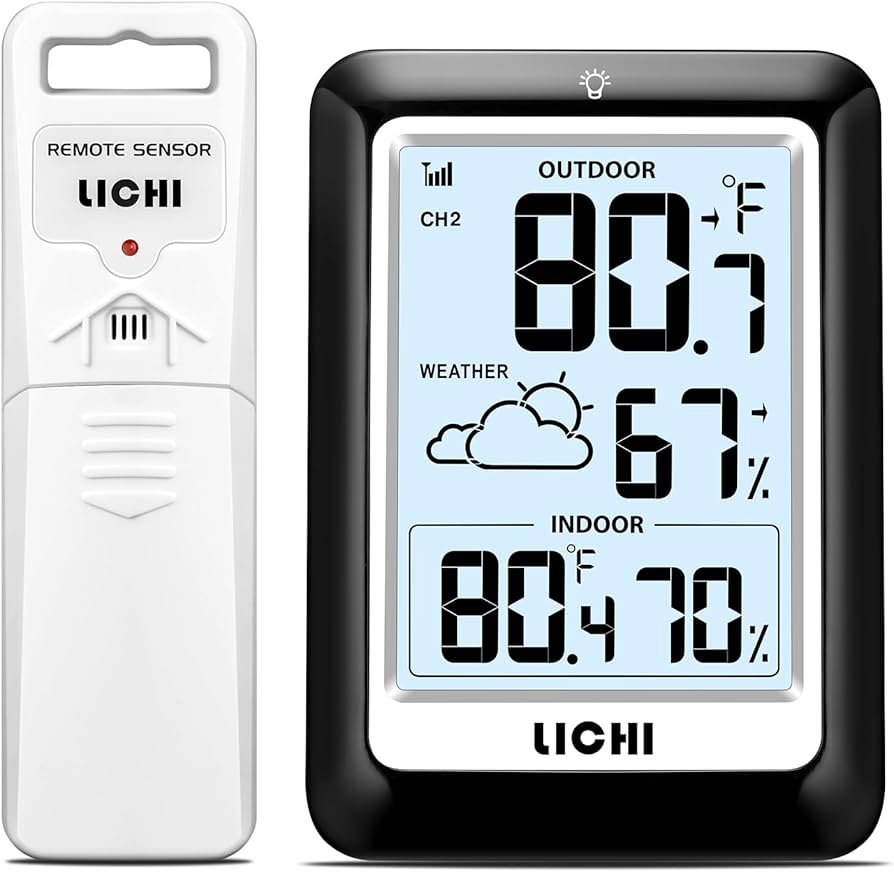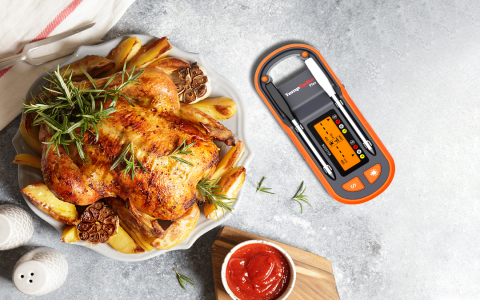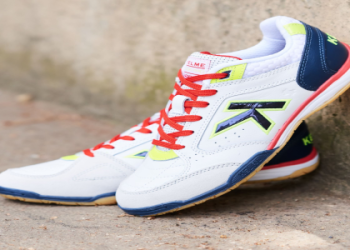Alright, let’s gab about the best indoor outdoor thermometer, you know, the thingamajig that tells you how hot or cold it is inside and outside your house. I ain’t no fancy expert, but I know a thing or two about needing to know the temperature, especially when you got crops and critters to worry about.
First off, what’s the big deal with these thermometers anyway? Well, knowing the temperature is mighty important, see? If it’s too cold outside, your pipes might freeze and burst. And if it’s too hot, well, you don’t want your tomatoes cookin’ on the vine before you get to ’em, do ya? Same goes for inside the house. Gotta keep things comfy for the family and make sure the furnace or the air conditioner ain’t workin’ too hard and wastin’ money.
Now, there’s a whole bunch of these thermometers out there. Some are plain and simple, just showin’ you the temperature, while others got all sorts of bells and whistles. Some of ’em even tell you the humidity, which is handy if you got a garden or if you’re worried about mold and mildew. I heard tell of some that connect to your phone, but that sounds too complicated for my taste. Give me somethin’ I can read with my own two eyes, I say.

- Accuracy is key. What good is a thermometer if it ain’t tellin’ you the right temperature? You want somethin’ that’s gonna be pretty close to the real deal, both inside and out.
- Easy to read. My eyes ain’t what they used to be, so I need a thermometer with big, clear numbers. And a backlight is a godsend when you’re checkin’ the temperature in the middle of the night.
- Durability matters. That outdoor sensor is gonna be exposed to the elements, so it needs to be tough enough to handle rain, snow, and sunshine. And the indoor unit should be sturdy enough to withstand a few bumps and knocks.
- Wireless is convenient. Nobody wants to be fussin’ with a bunch of wires, so a wireless thermometer is the way to go. Just make sure the sensor has a good range so you can put it wherever you need it.
- Price is a consideration. You don’t have to spend a fortune to get a good thermometer. There are plenty of affordable options out there that’ll do the job just fine.
I seen some folks talkin’ about this here “La Cross Technology – 308-1425B-INT weather station”. Sounds fancy, but what it boils down to is it tells you the temperature and some other stuff too. It’s supposed to be bright and easy to read, which is good. They say it stands out, but I reckon as long as it works good, I don’t care if it stands out or blends in like a wallflower.
Then there’s them thermometers that can tell you if you got a fever. Now, I ain’t talkin’ about the weather no more. I’m talkin’ about when you or your young’uns get sick. They got these things that you can stick in your ear or swipe across your forehead, and they tell you how hot you are. One fella was talkin’ about the “iProven Forehead and Ear Thermometer DMT-489”, said it’s accurate and don’t cost too much. Well, that’s good to know, ’cause when somebody’s feelin’ poorly, the last thing you want to do is mess around with a thermometer that ain’t workin’ right. And nobody wants to spend a fortune on something like that. If someone’s burning up, you need to know, and you need to know fast so you can get them fixed up. This thing ain’t really for indoors and outdoors like the weather kind, but it’s important for keepin’ healthy, that’s for sure.
So, how do you pick the best indoor outdoor thermometer for your needs? Well, you gotta think about what’s important to you. Do you need somethin’ fancy or somethin’ simple? Do you need to know the humidity? How much are you willin’ to spend? Once you figure out what you need, then you can start lookin’ at different models and comparing features. Read some reviews, see what other folks are sayin’, and don’t be afraid to ask for help if you need it. There are plenty of folks who know more about this stuff than I do, that’s for certain.
Remember, a good thermometer can save you money, keep you comfortable, and maybe even keep you healthy. So it’s worth takin’ the time to find one that’s right for you. And once you got it, make sure you put it in a good spot, where it ain’t gonna be in direct sunlight or too close to a heat source. That way, you’ll get the most accurate readings possible. And that, my friends, is all there is to it. Now go on and find yourself a good thermometer and keep an eye on that weather!
























